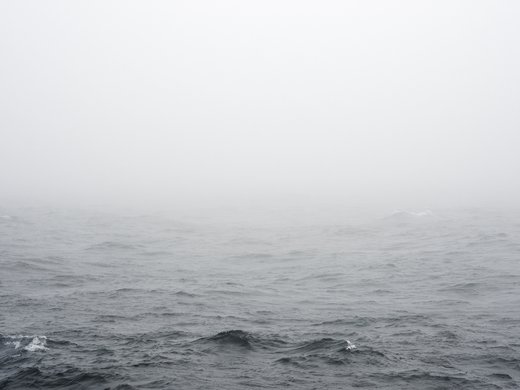Development of a liability regime for deep seabed mining should be responsive to the practical realities of organizational practices and structures to ensure injured parties have legal recourse to seek compensation for environmental damages. Under the United Nations Law of the Sea Convention (LOSC), contractors engaged in deep seabed mining activities and the states that sponsor those contractors bear primary responsibility for environmental harm arising from their respective roles in mining and oversight. A critical question in assessing which states should be involved in the sponsorship, and which entities could be liable for environmental harm from deep seabed mining activities, is the legal interpretation of the term “effective control.” This paper explores how the concept of effective control, as used in the LOSC, holds the potential to mean regulatory or economic control.


